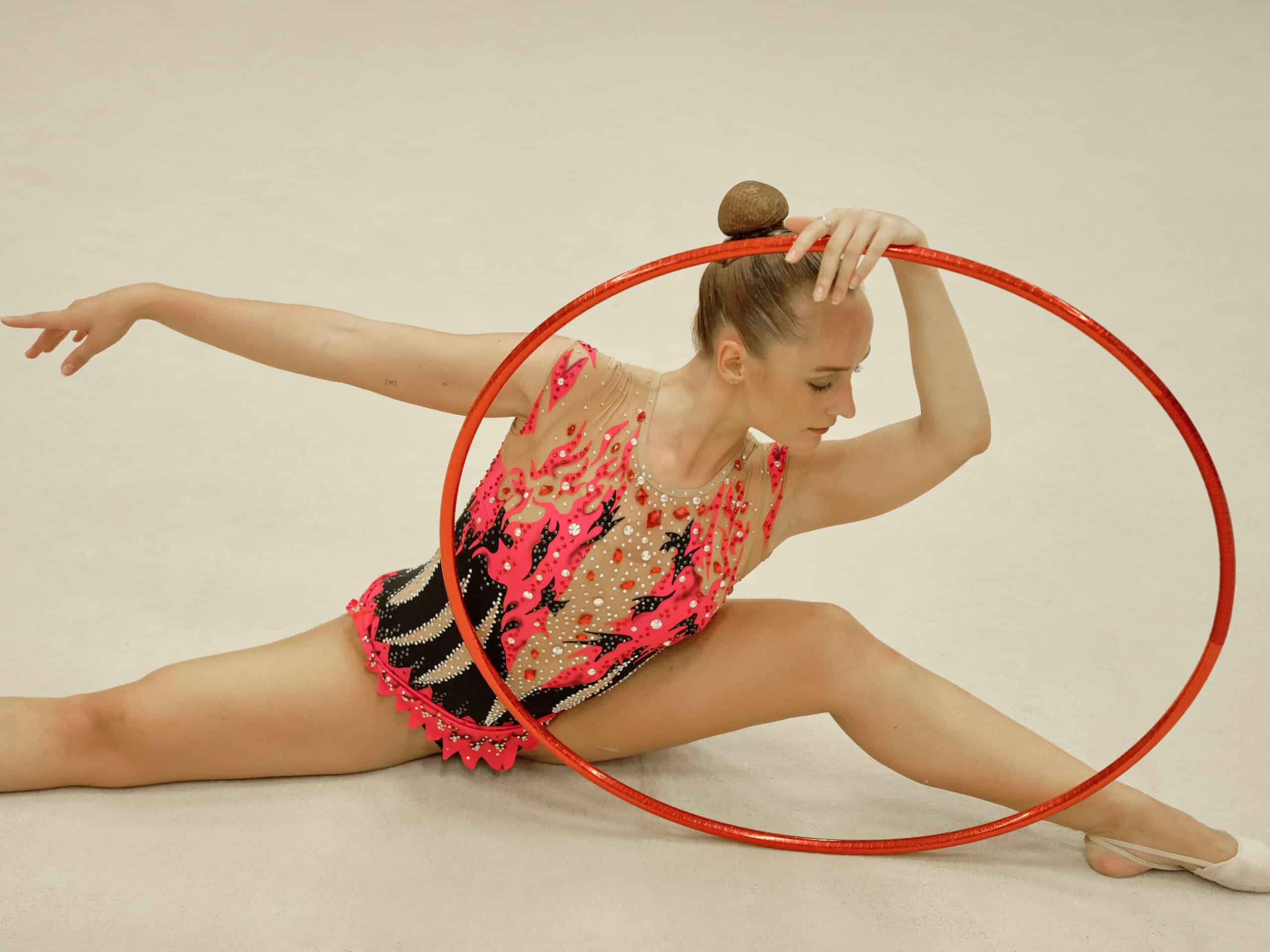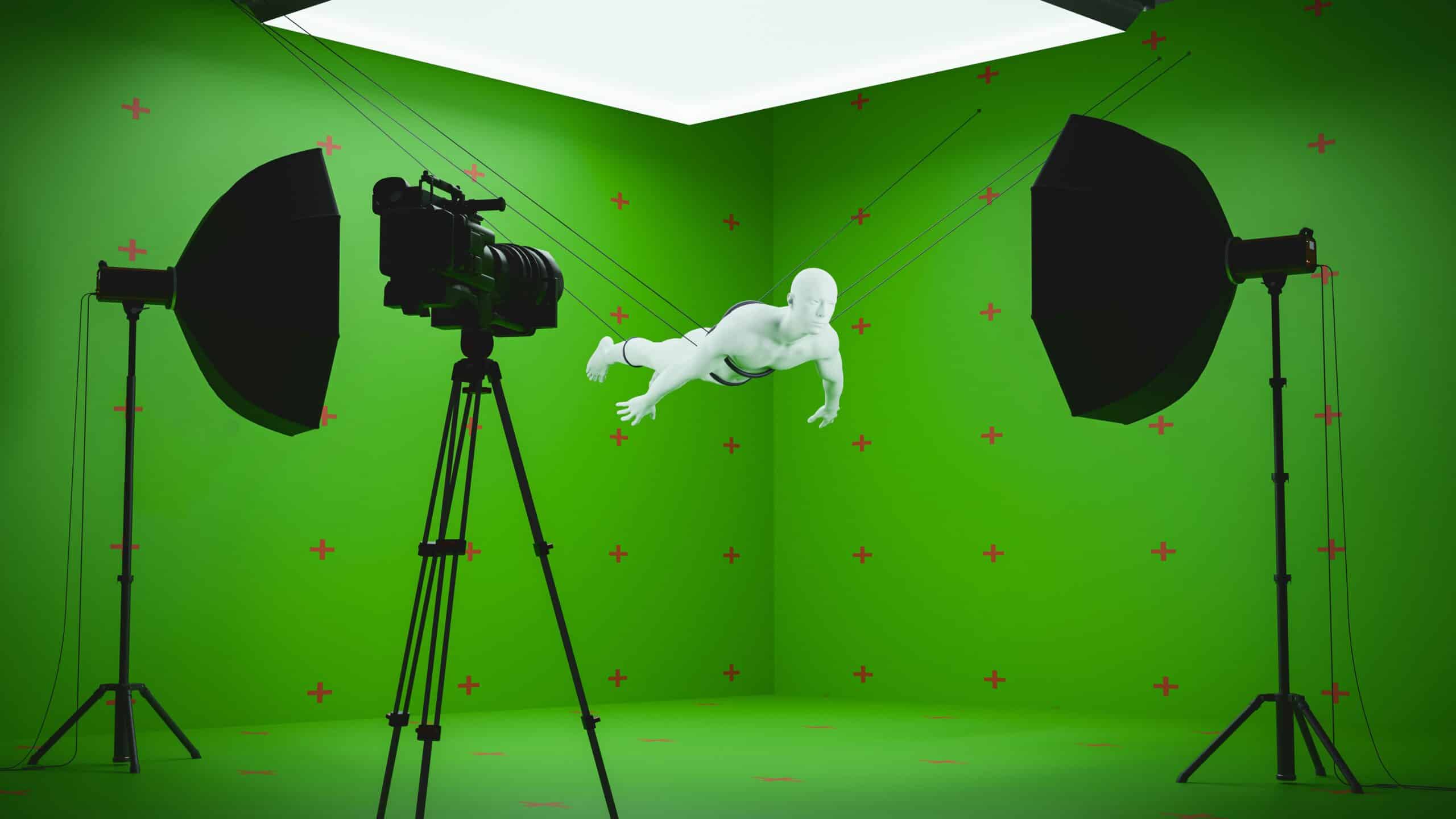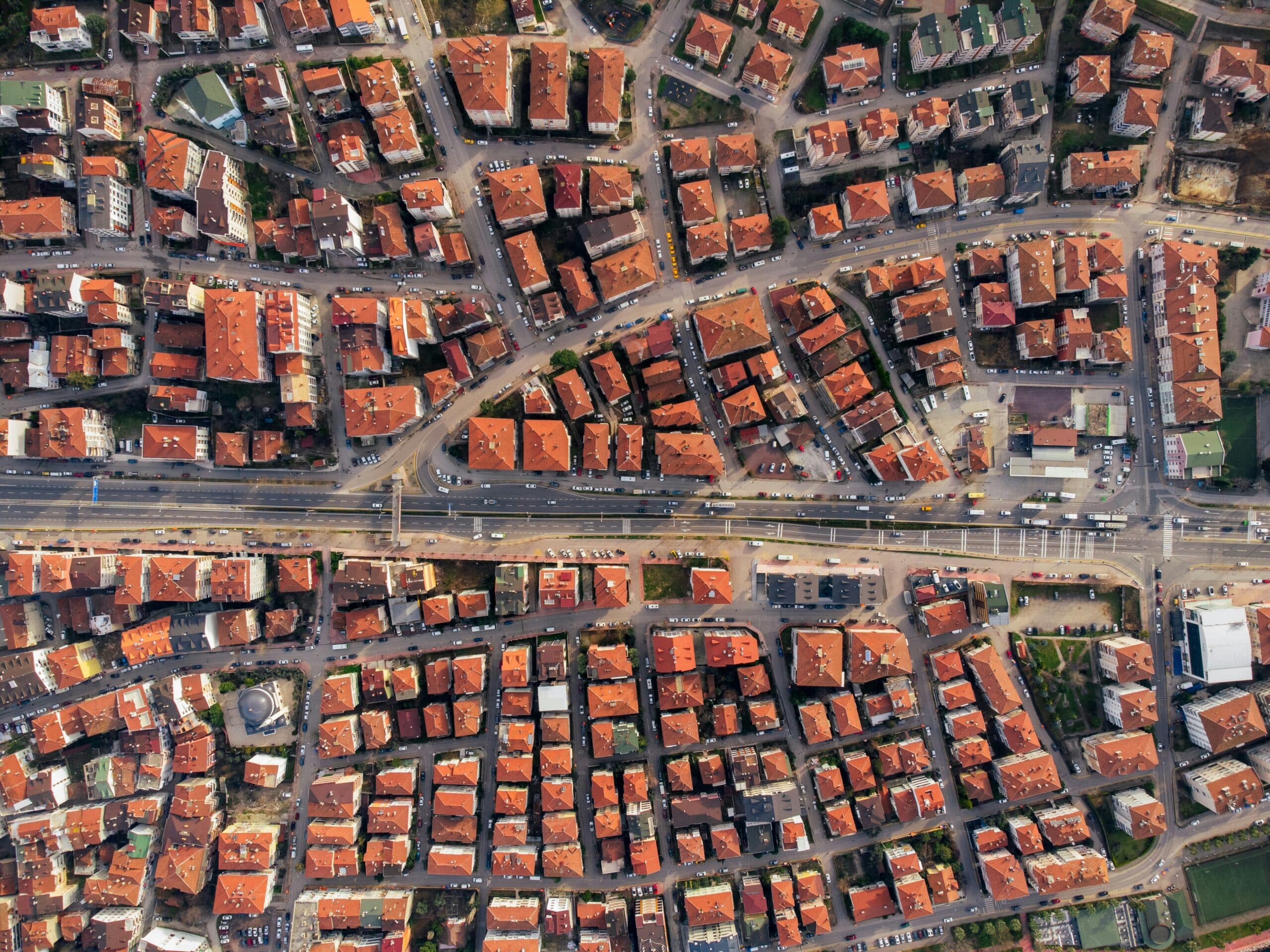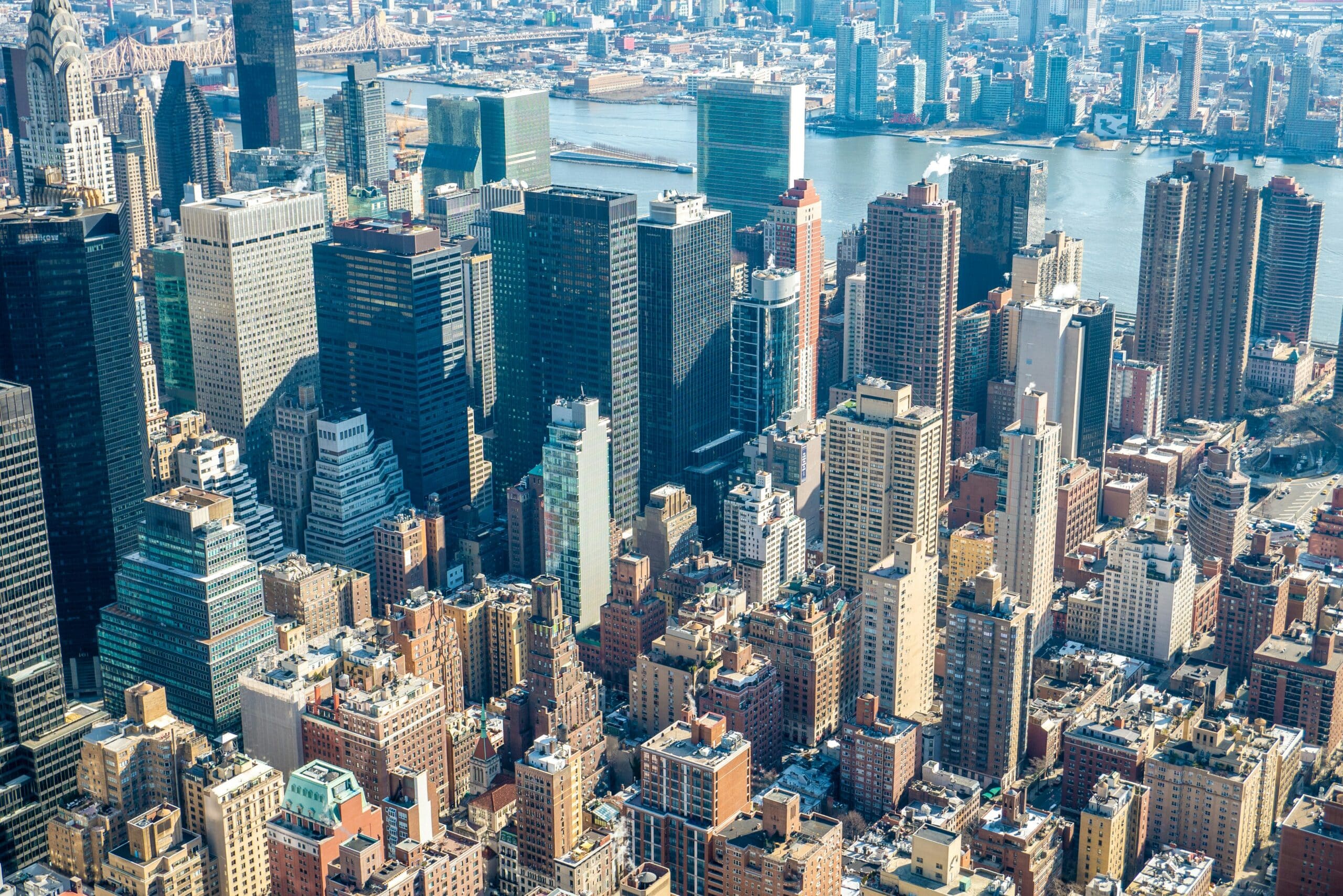In a groundbreaking political move, Vladimir Putin, the current leader of Russia, has officially declared his candidacy for the highly anticipated 2024 presidential election. The announcement, made on a historic Friday at the Kremlin, not only captured the attention of the nation but also set the stage for a potential extension of Putin’s influential tenure until at least 2030.
Putin’s Fifth Presidential Bid:
Vladimir Putin, the enigmatic and enduring figure in Russian politics, is gearing up for what could be a historic fifth term as president. The strategic nature of this decision becomes evident as he positions himself to solidify his already substantial control over the Russian political landscape. With a track record spanning over two decades, Putin seeks to continue his legacy as a key player in the nation’s leadership.
International Inclusion:
Adding a layer of geopolitical significance to the upcoming elections is the participation of residents from the occupied Ukrainian regions of Donetsk, Luhansk, Zaporizhzhia, and Kherson. These territories, annexed by Russia during the conflict, will now be part of the electoral process. Notably, the international community had previously decried local elections in these regions, organized by Russian-backed officials, as a mere facade.
Official Kremlin Response Pending:
While political analysts and citizens alike eagerly await the official response from the Kremlin regarding Putin’s candidacy, the absence of a statement thus far has sparked speculation and heightened anticipation. The lack of official confirmation adds an air of mystery to the unfolding political narrative, leaving room for diplomatic maneuvering and domestic political discourse.
Vladimir Putin’s Political Journey:
Vladimir Putin’s trajectory in Russian politics commenced in August 1999 when he assumed the role of acting prime minister. His unexpected elevation to the presidency on New Year’s Eve of the same year, succeeding Boris Yeltsin, marked the inception of a leadership era characterized by resilience and adaptability. After completing two four-year terms as president, Putin temporarily stepped aside in 2008, orchestrating the ascension of Dmitry Medvedev while assuming the position of prime minister.
Return to the Presidency:
However, Putin’s hiatus from the presidency was short-lived. He reclaimed the highest office in 2012 and has since maintained an unyielding grip on power. Following his re-election in 2018, Putin strategically signed a law in 2021, creating the potential for him to run for two additional six-year terms. This legislative move has paved the way for the extension of his rule until 2036.
Long-Term Implications:
This calculated political maneuver, if successful, positions Vladimir Putin to preside over Russia well into his mid-80s, marking an unparalleled three decades of rule. The constitutional adjustments and strategic decisions made by Putin underscore not only his political acumen but also his unwavering determination to shape the trajectory of Russian politics for years to come.
Takeaway:
As the Russian political landscape braces for potential transformation, Vladimir Putin’s candidacy introduces a complex blend of continuity and evolution. The global community will undoubtedly keep a close watch on the unfolding developments, recognizing the profound impact this announcement may have on both regional and international dynamics.






